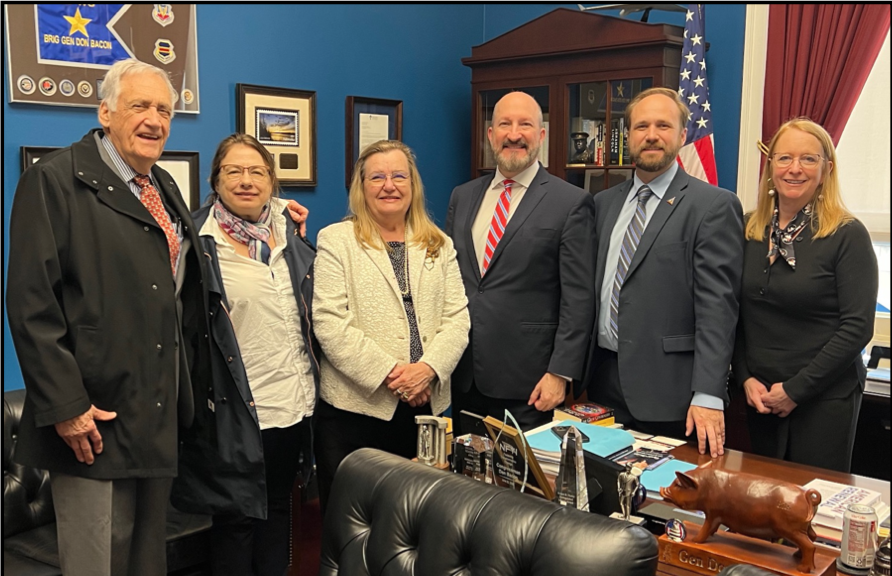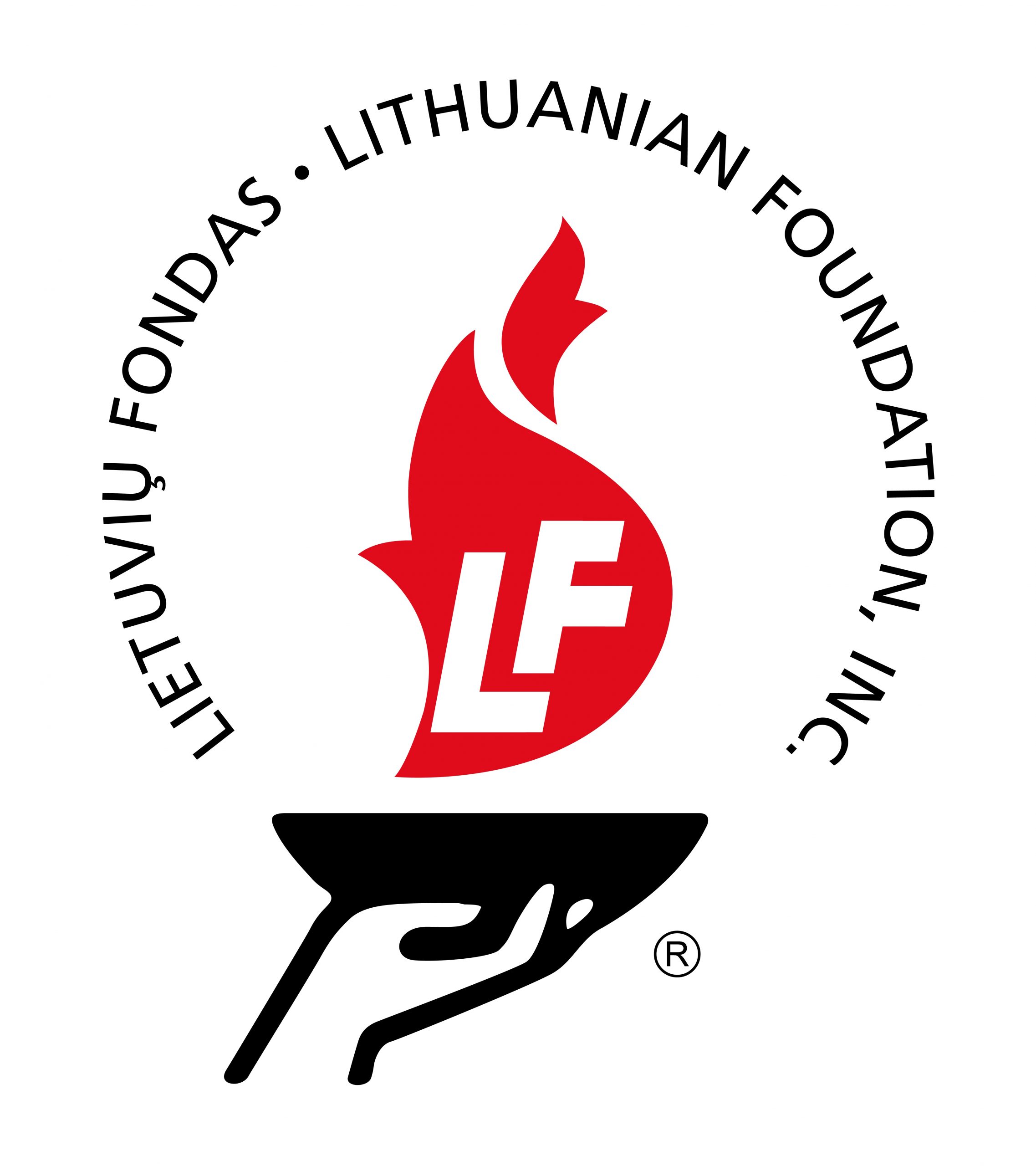BAFL Baltic Bulletin Summer’ 2023
NATO heads to the Baltics
Powering up the eastern flank and support for Ukraine top the summit agenda
The NATO Summit, held in Vilnius, Lithuania, this July 11–12, is a milestone for NATO and a symbol of Alliance solidarity.
“Having all the Western leaders and main partners of NATO visiting Vilnius … is a very strong strategic message,” Gabrielius Landsbergis, Lithuania’s minister of foreign affairs, said at the Center for Strategic and International Studies in Washington, D.C.
The Vilnius summit will be attended by 33 heads of state and governments, including Sweden’s prime minister and Ukrainian President Volodymyr Zelensky.

“The backbone of NATO, once centered in Paris and Berlin, is shifting eastward and now stretches from Helsinki to the Black Sea,” Congressman Mike Rogers, chairman of the U.S. House Armed Services Committee, wrote in Foreign Policy.
As the summit approaches, BAFL seeks support on key issues affecting the security of the Euro-Atlantic region, namely the strengthening of NATO’s eastern flank, support for Ukraine’s defense against Russia’s aggression and Ukraine’s future membership in NATO.
Baltics know best
Since their restoration of independence 30 years ago, the Baltic states have maintained a firm position toward Russia.
“Eastern European nations—namely, Poland, Romania, Finland and the Baltic states— understand more acutely than their Western neighbors the threat posed by Russia and the imperative for collective resolve,” writes Rogers.
Russia’s aggression against peaceful and sovereign countries has continued into the 21st century with the invasion of Georgia in 2008, the annexation of Crimea in 2014 and all-out war on Ukraine in 2022.
At last year’s NATO Summit in Madrid, Russia was classified as “the most significant and direct threat to Allies’ security and to peace and stability in the Euro- Atlantic area.”
There’s no indication Russia plans to stop. Troop size is being boosted to 1.5 million, new military units are being established, and nuclear weapons are being moved into Belarus.
Boosting democracy
The Baltic Security Initiative Act, recently introduced by the House Baltic Caucus and the Senate Baltic Freedom Caucus, will solidify the Baltic Security Initiative, which
enhances and strengthens U.S. cooperation with the Baltic states.
“The Baltic countries are essential NATO partners in upholding democratic values abroad,” says Dick Durbin (D-IL), U.S. Senate majority whip and co- chair of the Senate Baltic Freedom Caucus.
“Democracies rise and fall together,” he says. “I will continue working in Congress on a bipartisan basis to support the democratic government of Ukraine and enact appropriate measures against continued Russian aggression.”
“What all of us are fighting for, what Ukraine is fighting for, is not just a few hundred kilometers of territory,” says Landsbergis. “It’s either having aggressive Russia continuously fighting with its neighbors, being partnered with China and offering a lot more disruption to global security or actually stopping them here now.”
There’s also the issue of ensuring continued global solidarity with Ukraine to “make sure Ukraine wins,” says Mari-Ann Kelam, a former member of the Congress of Estonia and a BAFL board member. “Otherwise, Russia is going to continue to be a huge problem and it may not be immediate, but it will come.”
Bring in Ukraine
Ukraine has already proven that it can defend itself, democratic values and the rules-based international order. It is ready to become a full-fledged member of NATO.
“It is time to implement the Bucharest decision. NATO membership for Ukraine may be the best way to end the uncertainty about Ukraine’s place in Europe,” Daniel Fried, former U.S. ambassador to Poland, wrote in Just Security.
Ukraine’s membership in NATO would strengthen the Alliance, ensure security and cost Allies less than what they currently spend on Ukrainian defense.
On June 1, the chairs of 22 NATO foreign relations committees signed a resolution that encourages NATO to abolish gray zones and invites Ukraine to join the Alliance during the summit.
“Europe will never be secure from Russia until it can militarily stop Moscow’s attacks,” Andriy Zagorodnyuk, former Ukrainian defense minister and distinguished fellow of the Atlantic Council, wrote in Foreign Affairs. “It is time to let Ukraine join NATO: not sooner or later but now.”
“The Kremlin must see no alternative beyond withdrawal to its own borders and acceptance of Ukraine’s recognized sovereign territory,” Charles Barry and Christopher Skuba wrote in the Atlantic Council’s April 11 issue brief.
“Getting to Vilnius with all Allies unified behind the goal of enabling Ukraine’s victory is the foremost strategic priority for the Alliance.”
MARA GULENS is editor of the Baltic Bulletin. DARIUS FURMONAVICIUS, PHD is a member of BAFL’s Advisory Board.
Read full „Baltic Bulletin” here:
Rėmėjai

